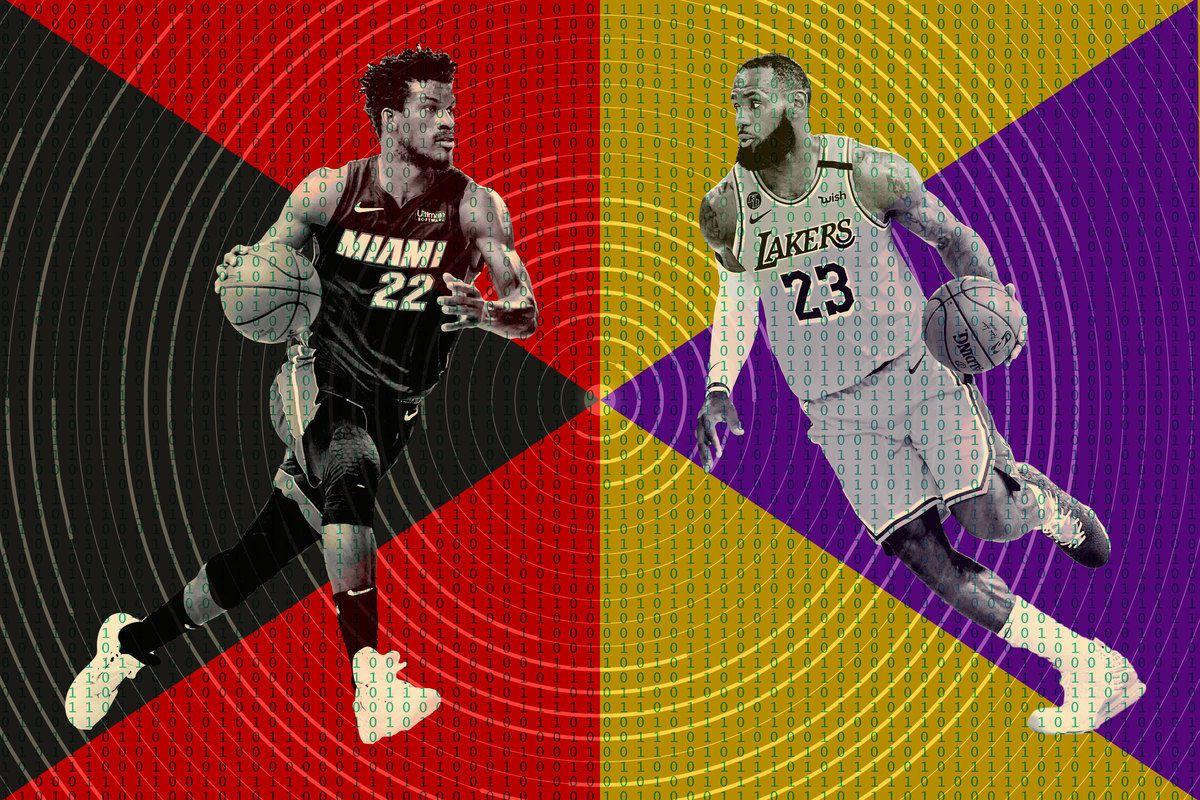The ideal Chris Paul playoff series is one that works against him. Put him at a physical disadvantage. Present him with a scheme designed to neutralize what he does best. Tilt the style of play away from his preference, to the point that everything he hopes to accomplish becomes a challenge. Blindfold him, wrap him in a straitjacket, and dump him upside-down into a tank of water. That’s when the magic happens—the kind you can find only when a brilliant problem solver and obsessive competitor has no choice but to think his way out.
With Paul, the fun has always been in the friction, and a first-round series against the Rockets will have plenty. Beyond any lingering resentments (say, between Paul and Houston’s front office or Paul and former teammate James Harden), the Hall of Fame point guard will have to solve for an unusually disruptive opponent: the rangy, switchable Rockets, who are challenging not only basketball tradition, but the established limits of small ball. In terms of sensibility, this matchup is a swirl of order and chaos. The Thunder stabilized their season in December, and have been one of the NBA’s most reliable outfits ever since. Theirs is an operation of unwavering competence; Oklahoma City just runs its stuff, plays within itself, and wins better than 60 percent of its games. Houston opted for a higher-variance approach. With the position-bending trade of Clint Capela for Robert Covington, the Rockets have demolished their floor and replaced it with a trampoline.
The novelty is part of the gambit. Since no opponent in the field is quite like Houston, it’s difficult for teams to adequately prepare for the conditions of playing them. Any attempt to check Harden in this much open space requires its own set of rules. (The same could be said for the newly efficient Russell Westbrook, if and when his strained quad allows him to play.) To further complicate matters, scoring on the Rockets isn’t quite the same as scoring on other switching defenses.
“I think sometimes people want to look at their size in terms of their height, and they discredit their length and their physicality,” said Thunder head coach Billy Donovan. What seems like a mismatch—attacking Harden or P.J. Tucker in the post, for example—often isn’t. Donovan noted that Houston, even with its conspicuously undersized lineup, has played the second-best post defense in the league by the numbers this season. NBA Advanced Stats more or less corroborates, as does the visual of Tucker stonewalling yet another 7-footer on the block. There is still a mismatch game to be played against Houston. It just demands more careful consideration, and a commitment to the legwork.
“You’ve gotta be able to move the basketball,” Donovan said. “You’ve gotta be able to generate good action to try to get good shots, because they do a good job of having five guys who are interchangeable.” Rockets games are so often interpreted through the Gospel of Shaq—the good word that all big men must dominate, and that any mouse in the house must be punished. More often, a team’s failures to score against Houston will more quietly rest with the guards. The Rockets’ defense, which ranked ninth in the league after trading for Covington, isn’t exactly impenetrable. It just needs to be attacked sideways, and with intentionality.
This, fortunately for the Thunder, is Paul’s natural mode. Snaking through NBA defenses for a decade and a half is a great way to learn them from the inside out. The mechanics of the Rockets’ scheme may be a bit different than what Paul is used to, but it’s only a matter of time before he figures out which levers to pull. Few players are better at engineering the optimal mismatch. Often, it’s one for himself; even nimble defensive bigs are at the mercy of Paul’s cagey midrange game, which is part of the reason he was aces in crunch time all season. Given Houston’s switching, Paul will likely need to trade that weapon for another. Even a point guard of his caliber can’t string out a defense in rotation if that rotation never happens. So he’ll try other things, staggering screens and handoffs until he puts Danilo Gallinari in the perfect spot to turn and shoot over his defender. We’ve all had to give up some things we love in 2020 for the greater good. For Paul, that’s embarrassing centers on national television.
There’s no perfect formula for attacking the Rockets beyond having the patience to manipulate the layers of the defense and the intelligence to understand the connections between them. When will Houston, if caught in a bad spot, try to scramble a better defensive option into place in the middle of a play? Which mismatches will they be tempted to support with a double-team, and which will they leave alone? What exactly needs to happen to pit Shai Gilgeous-Alexander against Ben McLemore rather than Covington? This isn’t the series for a point guard who just keeps the trains running on time, or even for one who defaults to attacking full steam ahead. The Thunder need a conductor like Paul, who can take the engine apart in the middle of a game and put the whole thing back together again.
As Oklahoma City calibrates its approach over the course of the series, he may well have to. Houston is full of defenders who are stubborn on the ball and eager off of it. No casual swing pass or lofting post entry is safe. “They’ve been turning people over like crazy in Orlando right now,” Donovan said. The Rockets registered more deflections than any other team in the bubble by a stunning margin—larger than the difference between the second-place Raptors (6.0) and the 25th-ranked Sixers (4.6). There’s a reason the Thunder have been honing their ball movement in practice, according to Dennis Schröder. Attacking a point of weakness starts with beating the defender lying in wait.
Paul’s orchestration—the same urgent commands and frantic pointing that frustrated teammates at past stops—now gives the Thunder a crucial confidence. It’s a reminder that what a player seems to be is a reflection of what his circumstances allow. To the Rockets, Paul was expendable—older, slower, and more prone to injury than they liked in a second star. For the Thunder, he’s the very player who makes winning this series a possibility. When Paul is on the floor, Oklahoma City essentially becomes the lowest-turnover team in the league. It’s then that natural scorers like Gilgeous-Alexander and Schröder can really play, free from the weight of coordinating the broader offense. They’re able to make reads because Paul first cut through all the red tape, and then used it to tie up some new opportunity with a bow. What a luxury that has been for the Thunder, and what a necessity it will be to bring the Rockets’ season to its end.

